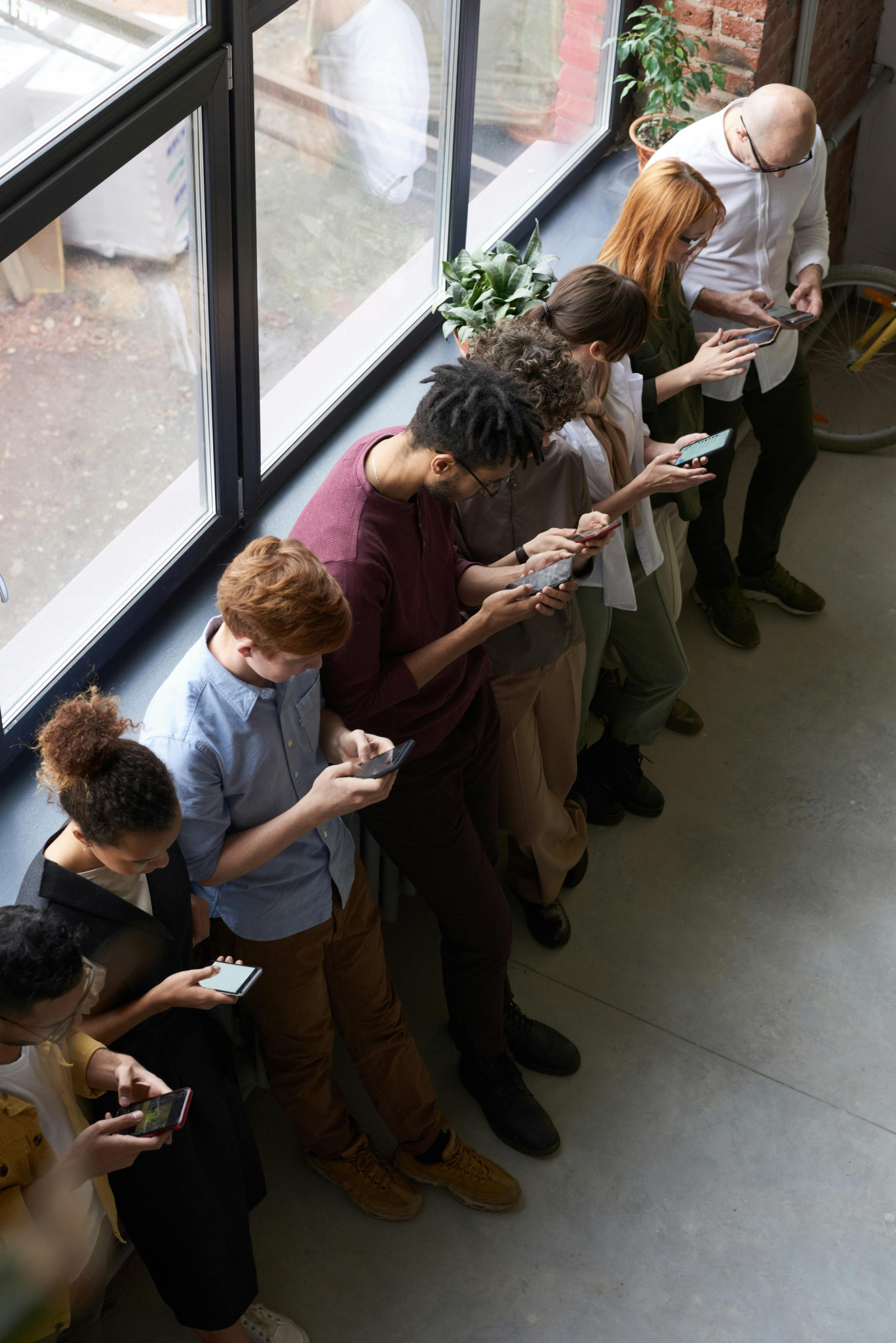Dr Susan Kenyon reflects on the impact of social media on the 2024 general election and asks if the social media savvy will experience a different election to those who avoid social media.
Social media use is becoming a key concern in this general election.
This is the first UK general election since the rapid rise of TikTok and the advent of AI, in images, text and voice. This has created an election environment that we have not seen before and which we do not fully understand.
Disinformation reporter and social media correspondent Marianna Spring’s groundbreaking research has uncovered misinformation, fakes and abuse across the BBC’s undercover voters’ social media feeds.
But there is another reason why the increased use of social media during this election should give us pause for thought. Whilst 65% of the UK population aged 16+ use social media daily, around 20% do not use social media at all; and these figures vary significantly by age and by gender.
If social media use does influence our perceptions of the parties, as those who campaign via social media hope, there is a strong possibility that that there will be a substantial difference in the experience of the election, between those who use social media and those who don’t.
Elections have been experienced very differently by those who have access to communications technology before. In the 1960 presidential campaign, it is widely accepted that the new (at the time) communications technology, television, greatly influenced the outcome. Those who saw the televised debate between John F. Kennedy and Richard Nixon perceived the competence and policies of the two candidates differently to those who only heard the debate, on the radio. Seeing Kennedy, dynamic, healthy and vibrant, created a personal connection between the audience and the candidate, which the sweating, grey, shifty-looking Nixon could not match.
Television audiences liked JFK and his glamorous, photogenic family. For radio listeners, however, un-distracted by this new visual medium, Nixon appeared to have ‘won’. Those who heard Nixon were influenced because he was authoritative: they respected and responded to his confidence and knowledge.
Will we see a similar disparity in experience and, therefore, influence, between social media users and non-users, that is unrelated to accuracy and abuse, born instead out of the nature and intensity of exposure?
A glance at social media use by the main parties reveals very different messaging. Labour’s focus, as in the debate, appears to be on developing a personal connection based on liking and ‘social proof’, building a community around existing trends. The Conservatives’ use is more formal and content focused, perhaps seeking influence through authority and respect.
As the manifestos are launched this week, we can expect an increase both online and offline messaging. How different will the parties’ online and offline strategies be – and what influence will experiencing online messages have on social media users, which those relying on traditional communications will not see?
Dr Susan Kenyon is a Principal Lecturer in Politics at Canterbury Christ Church University, where she teaches the innovative, groundbreaking modules ‘How to Change the World’ and ‘Insight for Impact’.
This blog first appeared on CCCU Expert Comment on 10 June.
Photo by fauxels: https://www.pexels.com/photo/people-holding-their-phones-3184435/
 Politics
Politics Laura Cashman
Laura Cashman 1176
1176


